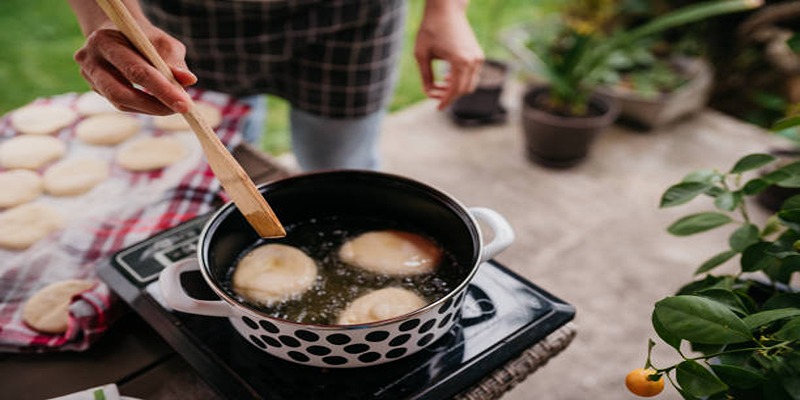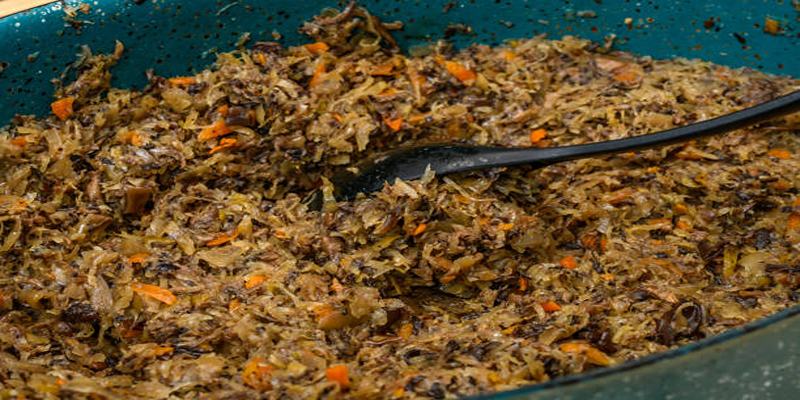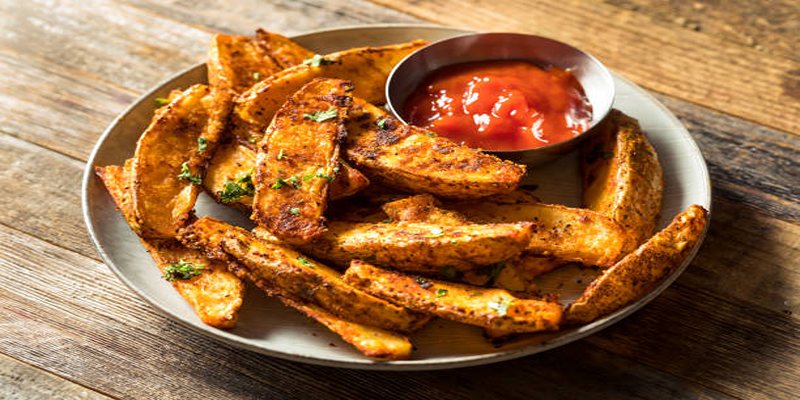If you’ve ever suffered from a kidney stone, then you know the debilitating pain they can cause. Not only are kidney stones extremely painful, but it takes care for your body to be rid of them — and more often than not, they come back. So what causes them and how can manage the risk factors associated with getting kidney stones? In this blog post, we’ll explore the various possible causes that contribute to their formation as well as some strategies to help prevent or reduce recurrences in those who have already had one or several attacks before.
What are Kidney Stones?
Kidney stones are an incredibly painful and uncomfortable condition that's caused by the buildup of minerals in the kidneys. Once these minerals solidify, they can create stones that obstruct the ureter, preventing urine from passing through.
What Causes Them?
The causes of kidney stones vary and can include drinking insufficient amounts of water, consuming too much salt and sugar, or having a family history of the condition. In some instances, prescribed medications or medical conditions like Crohn's disease can also contribute to the likelihood of kidney stones forming.
How to Diagnose a Kidney Stone?
If you've ever experienced a kidney stone, you know just how excruciatingly painful it can be. But the first step in treating it is properly diagnosing it. So, how do you do that? Well, one telltale sign is sharp pain in your back or lower abdomen.
You may also experience nausea, vomiting, and a persistent urge to urinate. An accurate diagnosis requires X-rays, CT scans, or ultrasounds, among other diagnostic tests. A physician may also ask you to strain your urine to check for signs of the stone passing.
Dietary Changes to Reduce the Risk of Developing Kidney Stones:
Kidney stones are a painful reality for many people, and preventing them is crucial for maintaining good health. One way to do this is by making some simple yet effective dietary changes. Consuming foods that are low in sodium, such as fresh fruits and vegetables, can reduce the risk of developing kidney stones. Incorporating calcium-rich foods, like dairy products, can also help prevent them by binding with oxalate in the digestive tract.
Natural Remedies for Pain Relief During a Kidney Stone Attack:
Kidney stones can really be a pain - literally. These hard deposits that form in our kidneys can cause a lot of discomfort, but fear not - there are natural remedies that can help alleviate the pain. Drinking plenty of water is the simplest and most effective way to flush out kidney stones. Applying a hot compress to the affected area can also help to ease the discomfort. Some people have also found relief through acupuncture or herbal remedies such as nettle leaf or dandelion root.
Common Medications and Treatments for Managing and Preventing Kidney Stones:
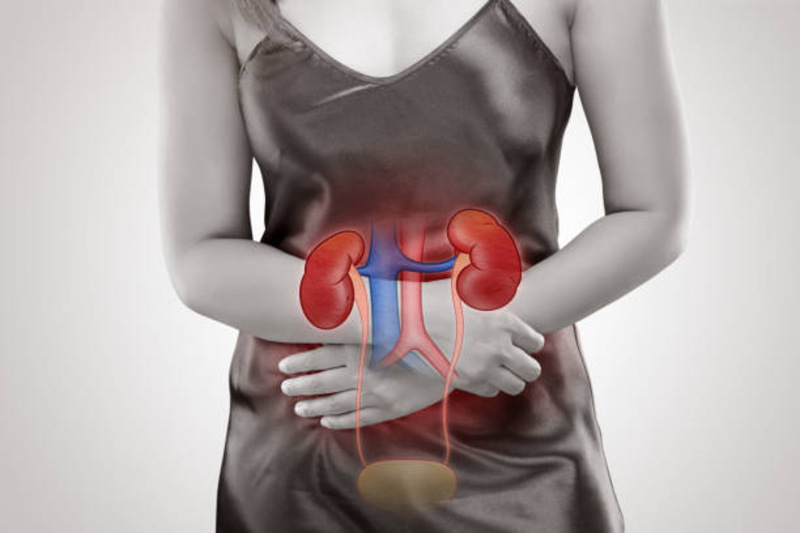
Kidney stones are a painful condition that can seriously affect your quality of life. There are several medications and treatments available to help manage and prevent them.
Hydration:
- Adequate fluid intake is a fundamental step in preventing kidney stones. Drinking plenty of water helps dilute urine and reduce the concentration of minerals and salts that can lead to stone formation. The goal is typically to achieve a urine output of at least 2.5 to 3 liters (approximately 8-12 cups) per day.
- The exact amount of water needed may vary depending on factors like climate, physical activity, and individual medical history.
Dietary Modifications:
- Low Oxalate Diet: For individuals prone to calcium oxalate stones, a low oxalate diet may be recommended. Oxalate is a compound found in many plant-based foods, and reducing high-oxalate foods in the diet can help lower the risk of stone formation. Foods like spinach, beets, sweet potatoes, nuts, and chocolate are high in oxalate.
- Sodium Restriction: Reducing dietary sodium (salt) is important, as high salt intake can lead to increased calcium excretion in the urine. Reducing salt intake helps prevent the formation of certain types of kidney stones.
- Calcium Intake: Contrary to what might be expected, consuming an adequate amount of dietary calcium (usually 1,000-1,200 mg per day) can be beneficial. Calcium from food can bind to dietary oxalate in the gut, preventing its absorption and reducing the risk of calcium oxalate stones.
- Limiting Animal Protein: High consumption of animal proteins can lead to the formation of uric acid stones, so moderation in consumption of meat, fish, and poultry is advisable.
Medications:
- Thiazide Diuretics: These medications, such as hydrochlorothiazide, are often prescribed to reduce the excretion of calcium in the urine, making them useful for preventing calcium-based kidney stones.
- Allopurinol: This medication is used to lower uric acid levels in the blood. It's prescribed for individuals with high uric acid levels or a history of uric acid stones to prevent their formation.
- Potassium Citrate: Potassium citrate can increase urinary pH and citrate levels. This helps prevent the formation of calcium oxalate and uric acid stones by making the urine less acidic.
- Antibiotics: For individuals with struvite stones, which often result from urinary tract infections, antibiotics are necessary to treat the infection and prevent further stone growth.
Dietary Supplements:
- Vitamin B6 (Pyridoxine): In some cases, vitamin B6 supplements are recommended for individuals with certain types of kidney stones, particularly those associated with high oxalate intake.
- Magnesium: Magnesium supplements can help prevent calcium oxalate stone formation by binding to oxalate in the digestive tract and reducing its absorption.
Ureteroscopy and Laser Lithotripsy:
- This procedure involves the insertion of a thin, flexible scope (ureteroscope) through the urethra and into the urinary tract to locate and remove or break up kidney stones using laser energy. It is suitable for stones in the lower urinary tract or in cases where ESWL is not effective.
Percutaneous Nephrolithotomy (PCNL):
- PCNL is a surgical procedure used for larger or more complex stones. It involves making a small incision in the patient's back to access the kidney and remove or break up the stones directly.
Dietitian Consultation:
- Working with a registered dietitian or nutritionist is essential for creating a tailored dietary plan to prevent kidney stones. They can assess your specific needs, dietary preferences, and type of stones and provide guidance on how to modify your diet effectively.
Long-Term Measures to Promote Healthy Urinary Tracts:
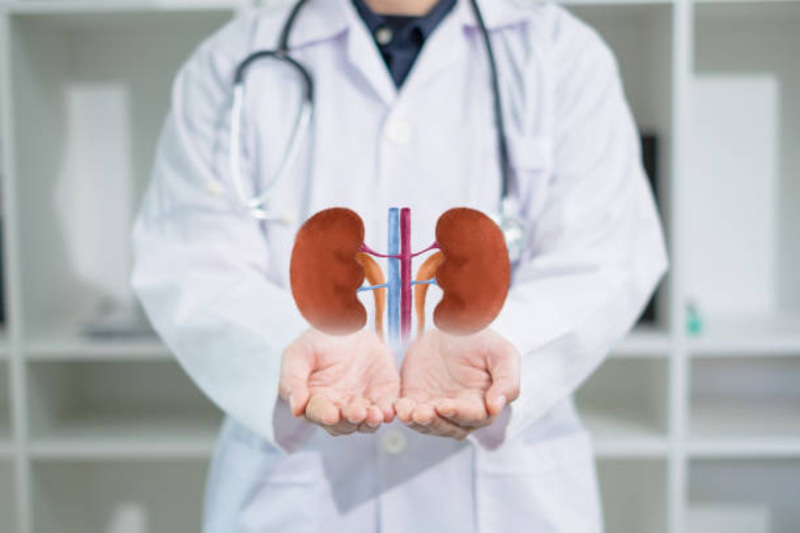
A healthy urinary tract is essential for overall well-being, and recurrent stones can be not only painful but costly to treat. That's why it's important to take long-term measures to promote a healthy urinary tract and reduce the risk of recurring stones. Drinking plenty of water throughout the day is crucial for flushing out toxins and preventing the buildup of minerals that can lead to stone formation.
Eating a balanced diet rich in fruits, vegetables, and whole grains can also lower the risk of stone formation by providing the body with essential vitamins and minerals. Regular exercise can also help keep the urinary tract healthy by promoting blood flow and reducing inflammation.
Conclusion:
Given the potentially painful and disruptive nature of kidney stones, it is important for everyone to be informed of their causes and prevention options. While medications and treatments can provide relief, dietary changes are key for reducing the risk of developing new stones. Additionally, natural remedies can help to reduce pain during a kidney stone attack. Taking proactive measures to promote a healthy urinary tract and prevent the recurrence of stones is essential. Therefore, if you think you may suffer from kidney stones or have experienced ongoing or severe pain stemming from them, seek prompt medical attention.



